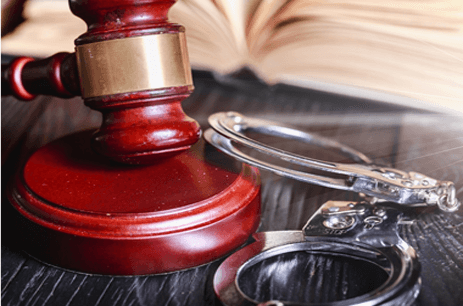
There are fundamental differences between the magistrates’ court and the Crown Court. We discuss these differences in further detail and explain what happens if you are charged with a crime.
What Happens When you are Charged with a Crime?
Upon being charged with a crime, you will be given a ‘charge sheet’. This document will set out details of the offence you have been charged with.
When you are charged, it will be up to the police to decide whether you will remain in custody until your court date, or whether you will be released on bail
Released on bail
This means you are able to leave the police station and return home. You may need to agree to certain conditions such as living at a particular address, handing over your passport to the police, being unable to contact certain people and/or reporting back to the police station at pre-agreed times.
After being charged with a crime, you will attend the magistrate’s court, even if your case will be held at the Crown Court in the future.
What Cases Does a Magistrate Court Hold?
The magistrates’ court will hold cases that carry a lesser sentence than those which are held in the Crown Court:
Most road traffic offences
Minor criminal damage
Common assault (not including significant injury)
What Cases Does a Crown Court Hold?
Various serious cases are held at the crown and these are known as indictable cases:
Murder
Rape
Robbery
Cases such as burglary and drug offences may be held at either the magistrates or Crown Court.
Sentencing
Due to the nature of the crimes held at the two different courts, the sentencing each can pass is very different.
The following sentences may be passed at a magistrates court:
6 months in prison (or 12 months for more than one offence)
A fine
A community sentence
A ban (such as not driving or keeping an animal)
A Crown Court can enforce a wide range of sentences, including community sentences and life long custodial sentences.
Broadbents Solicitors
If you require legal help, please call our dedicated team today on Alfreton 01773 832 511, Derby 01332 369 090, Heanor 01773 769 891, Sutton-in-Ashfield 01623 441 123.






